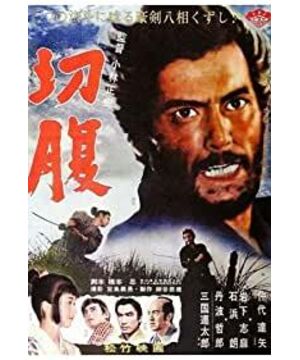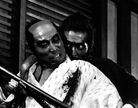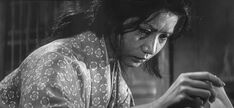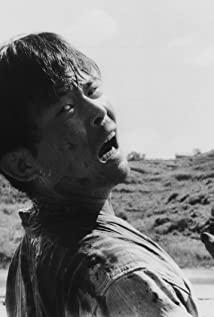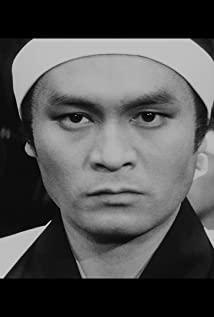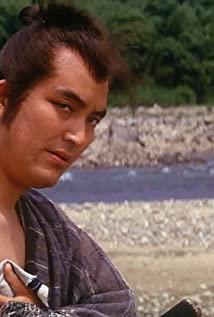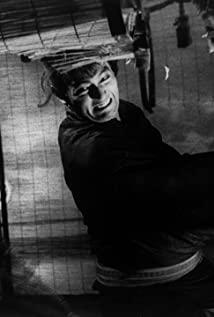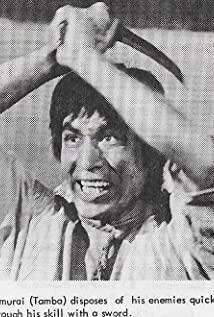The work "Cut of the Belly", which takes the spirit of Bushido as a clue, tells the story of the down-and-out ronin Qian Qianyan's begging daughter and Tsuyun Hanshiro in the courtyard of the noble family Ii family. During this period, the director used props of different natures to build three completely different Bushido spirits in the film, which showed the director's own concern for society and humanity.
The samurai armor that appears at the beginning of the film is the material carrier of the traditional Bushido spirit that is constantly mentioned in the film. As for the traditional nobles of Japan, the Ii family, the samurai armor is more of a kind of inheritance for them, and it is also their spiritual sustenance. The Jingyi's retainers knelt in front of the armor and adhered to the rigid spiritual inheritance and the maintenance of the family's facade, which led to the death of Qian Qianyan's daughter. This also reflects the oppression of the upper-level warriors, represented by the armor on the lower-level warriors.
In the film, the armor is mostly placed in the center of the picture, highlighting the sense of authority reflected by the samurai armor in the film. More ronin and Samurai retainers were proud to follow the traditional Bushido spirit. In other film and television works, most of the armor appears in the form of a protector, but in "Cut the Belly", it is more like a downright aggressor, with its traditional martyrdom rooted in the heart of the samurai. To prompt the samurai to end his own life by cutting the abdomen. And in such a repressed situation, there will always be samurai who rebel against the traditional Bushido spirit.
The bamboo sword of Qian Qianyan's daughter-in-law exists as the opposite of armor, which goes against the traditional Bushido spirit. The bamboo knife appears three times in the film. The first time was when the bamboo sword was discovered by Ii retainers; the bamboo samurai sword symbolized Qian Qianyan's tough and humble life, implying Qian Qianyan's tragic fate; the second time was when Qian Qianyan begged for When a woman cuts her belly, the bamboo knife will do the most damage to Qian Qianyan's begging. The third time, when the body of Qian Qianyan was carried home by the Ii retainer, the bamboo sword that the Ii retainer threw on the corpse reflected the traditional Bushido spirit and the noble class's attitude toward the bottom warriors.an injury. Qian Qianyan begged her daughter to die under his own bamboo sword, which was a breakthrough and sublimation of the traditional Bushido spirit under unavoidable circumstances. Dying for his relatives was a tragic and glorious death.
In addition to the bamboo knife, the prop that runs through the entire film, the fan, is also another symbol of the characters in the film. Throughout the whole film, there is not a single close-up shot of the fan, but many appear at the same time as the characters, such as the fan in the hands of the leading figure of the Ii retainer in the film. In the first half of the film, the director explains that the fan appeared in the film as a substitute for the samurai sword, which is a simplification of the traditional samurai sword cutting process, and it is the embodiment of cowardice in the spirit of Bushido.
It deviates from the traditional Bushido abdominal incision process. The appearance of the fan and the armor in the Ii family at the same time reflects the contradiction of the Ii family's internal system—the impact of tradition and reality, which is the compromise made by the Ii family for the family's appearance. The Jingyi family did not have the courage to "cut the belly" on themselves, but also reflected that the traditional aristocrats who took the traditional Bushido spirit as their spiritual core did not inherit the traditional Bushido spirit completely. The Bushido spirit was only a tool for them to maintain family order.
To sum up. The use of armor, bamboo knives, and fans in the film shows the director's multi-faceted understanding of the spirit of Bushido, and also reflects the erosion of the traditional Bushido spirit to the samurai spirit. The director uses his plain audio-visual language , explores the true meaning of a glorious death.
View more about Hara-Kiri reviews


